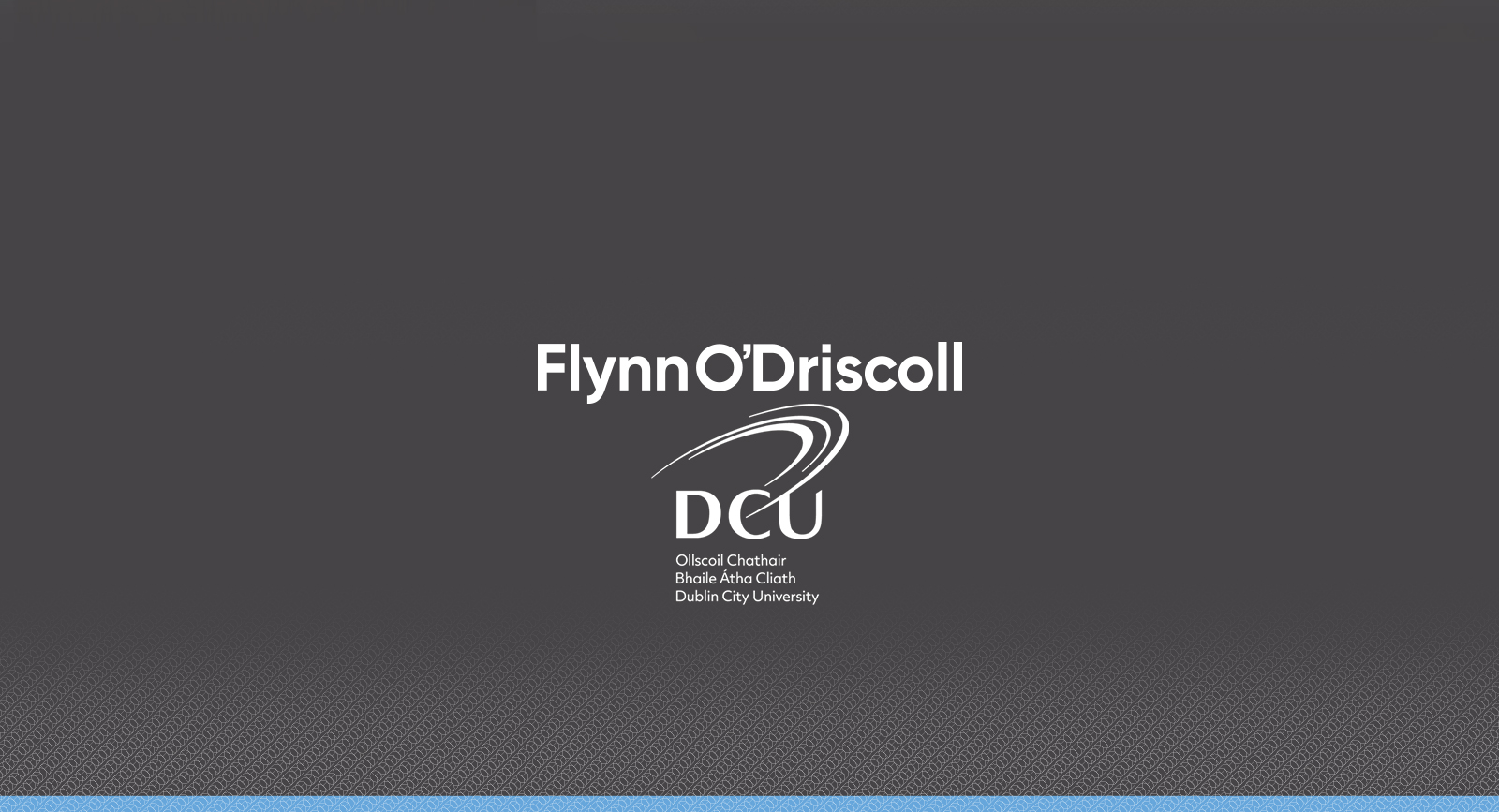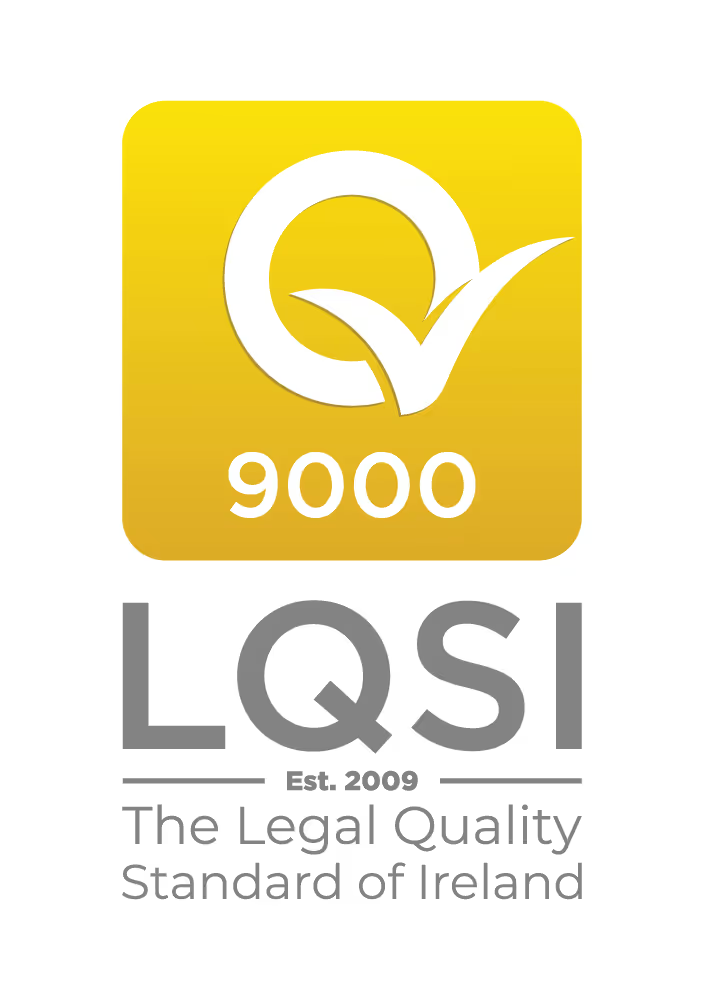Today’s judgment by the High Court of England and Wales in the test case of The Financial Conduct Authority v Arch and Others brings some helpful guidance in relation to the potential interpretation of Business Interruption Insurance coverage arising from the losses incurred from the Covid-19 pandemic.
This decision may be given significant weight when these matters are inevitably brought before the Irish Courts and it is therefore a welcome development for policyholders in Ireland. It is important to note at the outset, that while this decision is of persuasive authority, it is not binding on the Irish Courts or in arbitrations governed by Irish law. It is nonetheless explanatory and informative in circumstances where the various cover clauses and exclusion clauses employed by underwriters are contained within both UK and Ireland policies of insurance.
By way of background, these proceedings were brought by the UK’s Financial Conduct Authority (“FCA”) as a test case. The proceedings examined twenty one sample business interruption insurance policies written by eight insurance companies. These policies were agreed by the parties as representing standard industry policies and the clauses applicable to Business Interruption Insurance cover.
As the Covid-19 pandemic does not neatly fall into any one particular category of insurance policy provision, the parties agreed that the proceedings should examine the operation of the following three categories:
- Disease provisions: This relates to the occurrence of a “notifiable disease” within a certain radius of the premises of the insured.
- Denial of access / public health provisions: This relates to the denial or prevention of access or denial of use of the insured’s premises and the interruption of business that flows from this.
- Hybrid disease / denial of access provisions: Certain provisions are comprised of a blend of coverage in respect of disease and denial of access.
By way of brief overview, the Court made the following determinations:
Disease provisions
The crucial argument in relation to these provisions related to the localised occurrence of the “notifiable disease”. The insurers in the test case argued that only the localised effects of Covid-19 could be covered in relation to an insured business. In circumstances where a national outbreak of Covid-19 had occurred, the insurers argued that its localised effects were indistinguishable and that therefore no coverage could arise on such specific terms.
The Court rejected this argument and sided with the Claimant. The Claimant argued that the correct causal test was that of “proximate cause”. Essentially, the Court accepted that an individual outbreak (for example, one which occurs within the specified radius of the insured premises) was an indivisible part of the disease itself, and as such the localised effects cannot be reviewed in isolation. The Court concluded that the insured peril is the aggregate interference experienced by the insured arising from the occurrence of the notifiable disease. This is an important determination for policyholders who have cover provided for outbreaks of notifiable diseases with a defined coverage limit such as one mile or further afield.
Denial of access / public health provisions
In relation to this, the Court determined that coverage would very much depend on the precise wording of the policy, relating specifically to the nature of the closure. The Court also stated that the application of such provisions should be interpreted in a more restrictive manner to the disease provisions discussed above. This is due to the intention of the cover to be restricted to the subject premises and the consequence of this on a localised level.
A number of key factors need to be considered in this regard, including the nature of the shutdown and the resulting effect on the business. By way of example, certain businesses were forced to cease trade entirely as a result of the public health shut down. Other businesses, while suffering a reduced turnover, were not forced to cease trade entirely. The Court also drew a distinction between the effects of a government mandated shut down and public health “stay at home” advice, which may have caused a reduction in the insured’s trade. All of these circumstances need to be factored into an insured’s claim and this will ultimately result in differing coverage positions.
Hybrid disease / denial of access provisions
In relation to the hybrid provisions examined by the Court, it was determined that the interpretation should remain consistent with the general guidance set out above in relation to the disease and denial of access provisions. The matrix of these types of provisions will greatly depend on the drafting and construction of individual policies.
Causation
The Court determined that the issues of causation stem from the construction and wording of the policies themselves. The legal teams acting for the insurers relied heavily on the case of Orient Express Hotels Ltd v Assicurazioni Generali SpA [2010] EWHC 1186 (Comm) which argues for a narrow and localised interpretation of causation. This approach was rejected by the Court and accordingly, this also had implications for the Court’s interpretation of the “trend clauses” contained in the various policies before it.
A trends clause essentially provides for what the circumstances of the business would have been “but for” the insured peril and seeks to put the business back into that position. Thus, if cover is provided and the policy is to be adjusted to determine the levels of cover to be provided, the insurers argued that the wider trend in the economy should apply as opposed to the specific trend for the subject business. This was but one aspect of the arguments advanced by the teams of lawyers for the insurers.
The insurers argued that even if coverage is established, the insured business would likely have suffered a substantial drop in turnover due to the ancillary effects of Covid-19, such as social distancing. Therefore, the assessment as to what position the insured actually should be placed in as a result of their coverage is revised substantially downwards.
The Claimant argued that this interpretation would render any coverage purchased by insured “illusory”. The Court largely agreed with this submission in respect of each of the above three categories. Therefore, when determining an insured’s loss, the results of the Covid-19 pandemic on the broader community need to be stripped out in the counterfactual scenario.
Summary
In conclusion, the outcome of this case will be welcomed by business interruption insurance policyholders both in the UK and it may have positive implications on the subject in Ireland. Thousands of policies have been written in this jurisdiction that are materially similar to those examined in this test case.
Fundamentally, the determination of coverage will depend on the exact wording of the policy in question. This decision will assist potential claimants in assessing the strengths of their individual policies and the merits of making a claim. Like all claims for Business Interruption, each claim turns on the specific facts as well as the policy wording and schedule of cover as purchased by the policyholder. Caution should be adopted when interpreting the judgment from the High Court of England and Wales delivered today. There is every chance that the decision will be appealed. Further, case law does not make claims, it merely assists in getting them covered and paid out.
Any holder of an insurance policy with Business Interruption cover should revisit their policy, as the judgment of the Court may well cause more claims to be tendered to insurers.
This note is for general information purposes and does not constitute legal advice. Legal advice must be obtained for all individual circumstances. Each case must be assessed on its own merits
[smartslider3 slider="59"]
About The Authors

David Curran
David holds an LLB Law Degree from the University of Wales, Cardiff and the Certificate in Professional Legal Studies from Queens University of Belfast....

Conall Ennis
Conall obtained an honours Bachelor of Law and German degree from Trinity College Dublin graduating in 2015. He also studied German and European Union Law at the Julius-Maximilians-Universität Würzburg. Conall speaks German fluently and has an in-depth knowledge of German company and commercial law....






